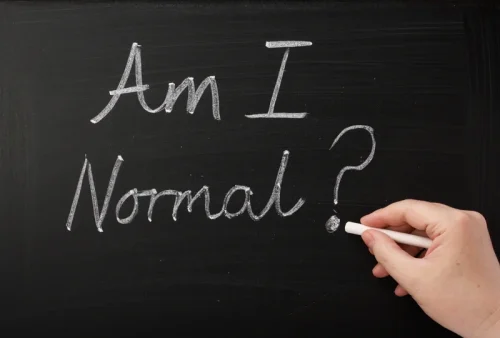
Alcohol intolerance is a genetic condition where an individual’s digestive system cannot properly break down the substance. Rarely, severe pain after drinking alcohol is a sign of a more serious disorder, such as Hodgkin lymphoma. Some people may be unable to drink alcohol without experiencing immediate feelings of sickness, or they may develop this over time after a prolonged period of drinking. Alcohol flushing syndrome is a major sign of alcohol intolerance. Your face, neck and chest become warm and pink or red right after you drink alcohol.
When to speak with a doctor
Hydration may help alleviate this symptom, but it won’t eliminate your stuffiness completely. Dr Fox recommends avoiding alcohol to treat alcohol intolerance. In an ideal world, you would abstain from consuming alcohol https://ecosoberhouse.com/ completely. The difference between alcohol allergy and alcohol intolerance can be difficult to tell. A level 4 peanut allergy means it’s labeled “strongly positive” on the Peanut Institute’s allergy rating scale.
Is alcohol intolerance the same as an alcohol allergy?
There is no cure or treatment for alcohol intolerance unless it is due to medication use or a medical condition. For people who have alcohol intolerance due to a medication, stopping the medication will likely resolve the alcohol intolerance. If it is an inherited genetic condition, medical professionals are limited to providing what causes alcohol intolerance ways to reduce the unpleasant symptoms of alcohol intolerance. In some cases, over-the-counter or prescribed medications might help alleviate symptoms. If you have an alcohol allergy, your immune system over-reacts to alcohol. If you have alcohol intolerance, your digestive system doesn’t process alcohol properly.

Why Some People Develop Alcohol Intolerance
- Some individuals may experience alcohol intolerance due to an underlying histamine intolerance.
- An alcohol allergy can occur when a person with an alcohol allergy comes into contact with alcohol, which is also known as ethanol.
- People may be unable to drink alcohol without feeling sick as a result of a hangover, lack of sleep or food, or alcohol intolerance.
- Sudden onset alcohol intolerance is when an alcohol intolerance that was not present from birth occurs abruptly later on in life.
- This takes time, which is why the symptoms can last for a whole day or more.
Common sulfites include potassium bisulfite or potassium metabisulfite. Sulfur dioxide is another closely related chemical that can trigger reactions in some people. If you have an allergy, your immune system over-reacts to contact with a trigger or “allergen.” If you have an alcohol allergy, your immune system treats alcohol as a threat. It responds to alcohol by producing antibodies known as immunoglobulin E (IgE).

How common is alcohol intolerance?

Alcohol intolerance and caffeine intolerance are both metabolic disorders, but they involve different substances and symptoms. Alcohol intolerance occurs when the body lacks the enzymes needed to break down alcohol, leading to symptoms like facial flushing, nausea, and rapid heartbeat. Caffeine intolerance involves an exaggerated response to caffeine, resulting in symptoms such as jitteriness, headaches, and insomnia. Both conditions can significantly impact an individual’s quality of life, but the substances involved and the mechanisms behind the intolerance differ. Alcohol intolerance can also be caused by sensitivity to other substances present in alcoholic beverages, such as sulfites, additives, or preservatives.
What is the Difference Between Alcohol Intolerance and Alcohol Allergy?

When people with alcohol intolerance consume even small amounts of alcohol (ethanol), they experience adverse reactions. These reactions begin with a reddening or pinkness of the face (known as alcohol flush) and a sensation of warmth, indicating the body’s struggle to break down alcohol effectively. It is important to remember that for someone with alcohol intolerance, avoiding alcohol is more than just not drinking alcoholic beverages. Alcohol in cough syrups or some kombucha could trigger alcohol intolerance. Some people may be sensitive enough that even alcohol-based hand sanitizers can trigger their alcohol intolerance.
- It’s also possible to be allergic to proteins in filling agents, such as egg or shellfish, which manufacturers sometimes use to remove fine particles from alcoholic beverages.
- Alcohol intolerance caused by genetics is diagnosed through genetic testing.
- Grape allergies are rare, but they have been reported in some medical journals.
- If you’re interested, we go into further detail about these symptoms in our more general article about alcohol intolerance.
- If you have any of these symptoms or you are with someone who does, you should immediately seek emergency help by calling 911.
